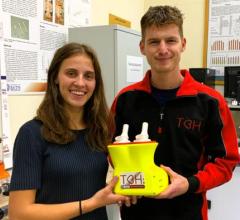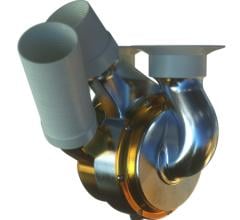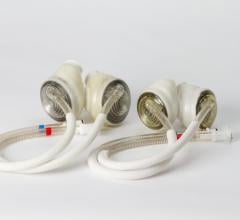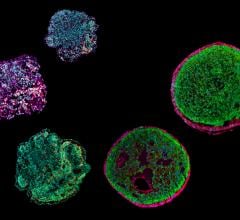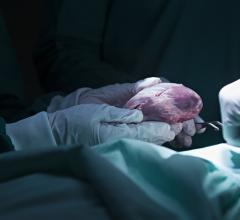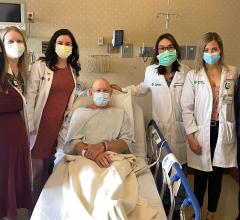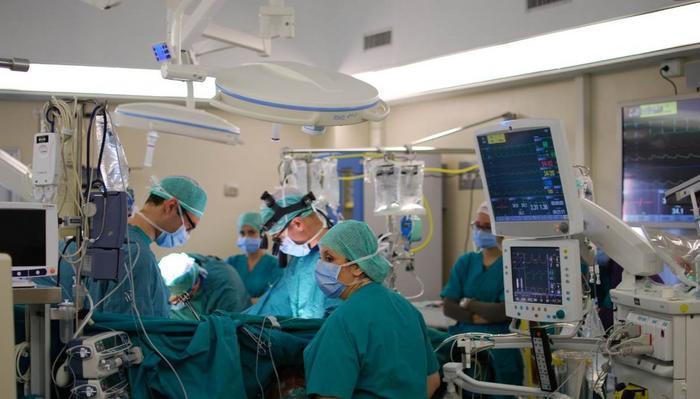
The findings have significant implications toward patient selection and listing strategies, easing concerns related to heart transplantation in adults with CHD and destigmatizing most subtypes of single-ventricle CHD. Image courtesy of Wikimedia Commons
September 12, 2023 — UCLA-led research finds that among adult congenital heart disease (CHD) transplant recipients, single-ventricle physiology correlated with higher short-term mortality. But 10-year conditional survival was similar for biventricular and most single-ventricle CHD patients, and notably better for biventricular CHD patients compared to non-CHD heart transplant recipients.
Congenital heart disease (CHD) is a heterogeneous group of structural abnormalities that can be thought of as spectrum from very severe lesions requiring multiple surgeries to others that are not as high risk. Historically, single-ventricle CHD subtypes were all considered higher risk than their biventricular counterparts, which would lead to some transplant centers being hesitant to perform a heart transplant in these patients.
The researchers analyzed National (Nationwide) Inpatient Sample and Organ Procurement and Transplantation Network data sets for 2005-2020. Of 382 adult heart transplant recipients with congenital heart disease (CHD), 185 (48%) had single-ventricle physiology. Compared to patients with biventricular CHD, those with single-ventricle CHD showed significantly reduced survival at 1 year (80% vs 91%) and 10 years (54% vs 71%). Among patients who survived the first post-transplantation year, biventricular CHD patients exhibited similar 10-year survival as single-ventricle patients, except for those with hypoplastic left heart syndrome (79% vs 71%). Additionally, biventricular CHD transplant recipients showed significantly better 10-year conditional survival compared to their non-CHD counterparts (79% vs 68%).
Study limitations include a lack of granularity in the data sets which would have allowed analysis of all aspects involved in transplantation. Also, there were no common patient identifiers between the two data sets, so the researchers had to rely on novel probability linkage methodology to match the records.
The findings have significant implications toward patient selection and listing strategies, easing concerns related to heart transplantation in adults with CHD and destigmatizing most subtypes of single-ventricle CHD.
“To date there have been no large-scale, national studies looking at survival outcomes in single-ventricle patients, despite the extensive availability of transplantation data dating back to 1987,” said lead author Dr. Syed Shahyan Bakhtiyar, visiting research scientist in the UCLA Division of Cardiac Surgery and a general surgery resident at the University of Colorado. “Consequently, not only have patients and their families lacked essential prognostic insights, but surgeons and transplant teams have also been limited in their ability to make fully informed decisions about listing practices and transplantation for these patients. Our findings not only alleviate concerns associated with heart transplantation in adult CHD patients as a whole, but also work towards destigmatizing most subtypes of single-ventricle CHD.”
For more information: https://www.uclahealth.org/

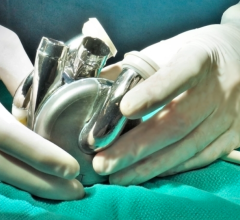
 May 30, 2025
May 30, 2025 

